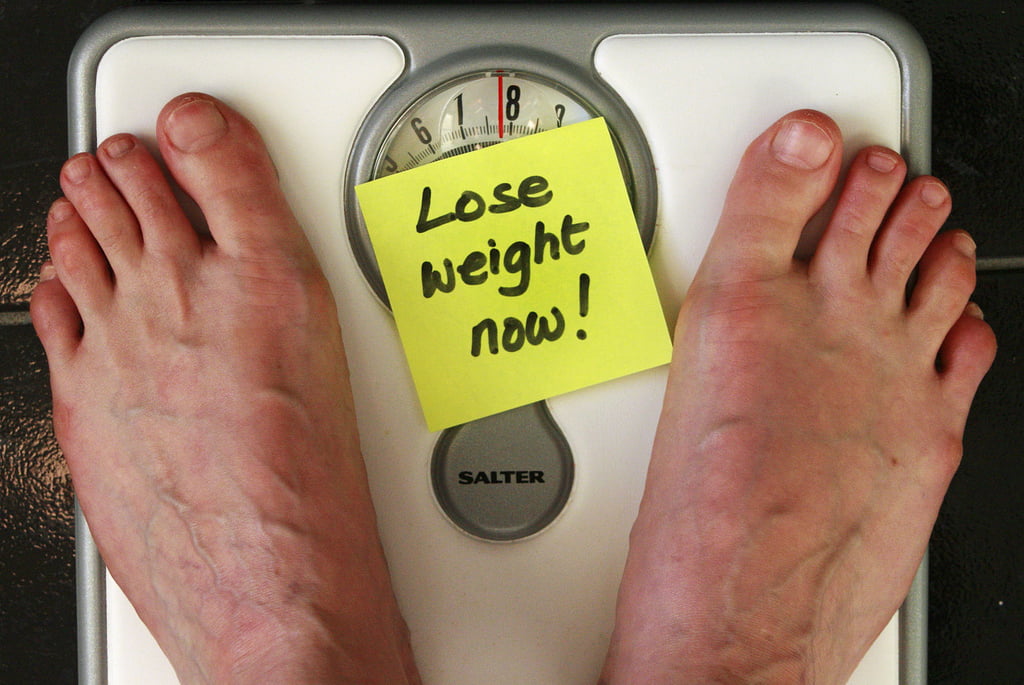
The realm of weight loss is one where beliefs and myths abound. It seems everyone from the public to expert dietitians have views and beliefs around the causes of obesity, with these not always being supported by good science.
Coming from a firm scientific evidence footing, an eminent group of 20 respected obesity researchers scoured the Internet, popular media, and the scientific literature to identify prevalent obesity and weight loss myths as well as facts that are well supported by evidence. Their findings were published recently in the New England Journal of Medicine.
The research team arrived at a core group of ‘7 myths about obesity’, some of them certainly going against conventional wisdom, but all well-supported by research evidence. Following are a brief description of the 7 myths.
Myth: Small sustained changes in energy intake or physical activity will give long-term weight changes.
Fact: A small change in weight is quickly overtaken by lower energy needs as a person loses weight, meaning further lifestyle changes are always needed.
Myth: Setting realistic goals for weight loss is important otherwise people will become frustrated and lose less weight.
Fact: The truth is that even ambitious weight-loss goals have been shown to be just as effective.
Myth: Large, rapid weight loss is associated with poorer long-term weight outcomes compared to slow gradual weight loss.
Fact: In clinical trials, people who lose weight rapidly (done in a sensible way), do just as well, and sometimes better, than people who adopt a ‘slow and steady’ approach.
Myth: Assessing the stage of change for readiness to lose weight is important in helping people who seek weight loss treatment.
Fact: How ‘ready’ someone is to lose weight, does not predict how well they will do.
Myth: Physical education classes in their current format play an important role in preventing or reducing childhood obesity.
Fact: Physical activity is an important health-promoting activity, but the current levels used in many programs are just not enough to make a significant impact on body weight.
Myth: Breast-feeding is protective against obesity.
Fact: Breast feeding has lots of positive health benefits for the mother and infant, but protecting against later-life obesity is not one of them.
Myth: A bout of sexual activity burns 420 to 1260 kJ (100 to 300 Calories) for each person involved.
Fact: While a person’s mileage may vary, the average amount of energy used during sex is just 88 kJ (21 Calories). Hardly worth getting out of bed for.
Next the obesity experts listed what they considered as indisputable facts about obesity.
- Genetics play a large role in obesity, but genes do not mean an unalterable destiny for a person
- Diets are very effective for weight loss, but do not work long term
- Regardless of body weight, being more physically active will improve health
- Physical activity at a sufficient ‘dose’ (more than 60 minutes a day) aids long-term weight maintenance.
- Maintaining the factors that helped with weight loss will help with weight maintenance
- Involving parents and the home environment leads to greater weight loss in overweight children
- Meal replacement products and pre-prepared meals promote greater weight loss
- Some drugs as well as surgery help with weight loss
What it all means
There are many false and unsupported beliefs about obesity and weight loss. Sticking to the facts and discarding some long-standing myths will help tip the scales in a positive way in a the fight to lose weight.

Vanessa says
Hi Tim, do you ever visit Darwin ? I am a year 12 health teacher and we are planning to study a unit on obesity in 2017, I did my grad dip in human nutrition to upskill myself and love how you simplify factual information – please let us know if you’re ever close by and we would pay you to be a guest speaker. I teach in a lower socio economic area which would highly benefit from any nutritional education.. Merry Xmas
Tim Crowe says
Great to hear from you Vanessa and I would love to speak with your group. Will see how my 2017 travel plans shape up as moving on from Deakin at the end of January after 16 years and running my own nutrition consulting business so there will be many new opportunities I’ll be exploring!
Tim Crowe says
Hi Kezia – you are correct that increasing muscle mass will help with metabolic rate, but it would likely need to be substantial. A super detailed article goes into a lot more depth into this area http://fitnessreloaded.com/resting-metabolic-rate-and-weight-loss/
Kezia Duncan says
I am on it!
🙂
Kezia Duncan says
Hi Tim,
A question regarding Myth #1 – is this true for people who have gained a significant amount of muscle mass, and then lost body fat? It is my understanding that if you increase your muscle mass, then the metabolic rate will not necessarily drop. Could you please comment on this?
Thank You